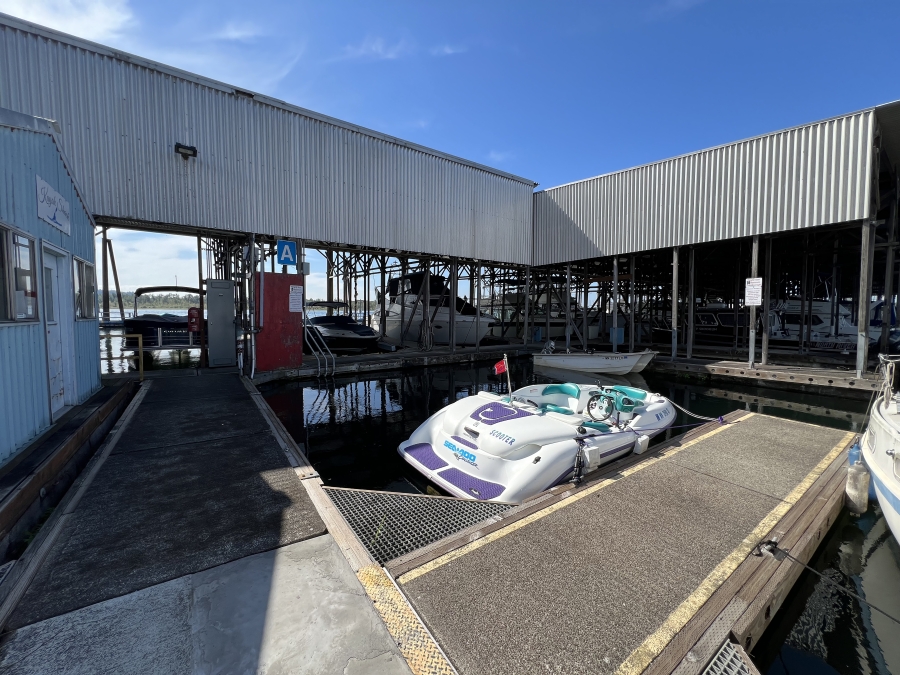A local boat owner is questioning Port of Camas-Washougal commissioners’ recent decision to restrict the amount of time a tenant can store their dinghy in the marina’s free storage area.
“The dinghy parking lot seems like it’s been working really well from a consumer standpoint,” Washougal resident Tony Bacon told Port commissioners last month, during the Commission’s Sept. 17 meeting. “There’s been space available in it all this season. I’ve used it this year. I used it last year. If a limitation goes into effect, it will just make it not useful to me anymore. I just won’t put my dinghy in there.”
Port commissioners approved a staff-proposed update to the Port’s marina policy manual on Oct. 2, which places parameters on the type of watercraft allowed in the Port’s dinghy storage area and limitations on boat owners’ previously unrestricted use of that storage area.
“I do think the bigger picture is taking a look at our mission, our vision and our values, and preparing ourselves to make sure that we meet all those (things) in all ways,” Trang Lam, the Port’s chief executive officer said during the Sept. 17 meeting. “We think of this as a simple policy. We also think about community benefits and equity. We also are concerned and want to think about doing right by the public.”
The Port is simply trying to “fine tune certain things,” Lam said.
“It’s not about penalizing anyone, but it is about trying to open (the storage area) up to more people, and being able to serve all of the more than 300 tenants that we have here,” she said. “It’s going to be a change, and I think it’s going to be for the better as we fine-tune things.”




